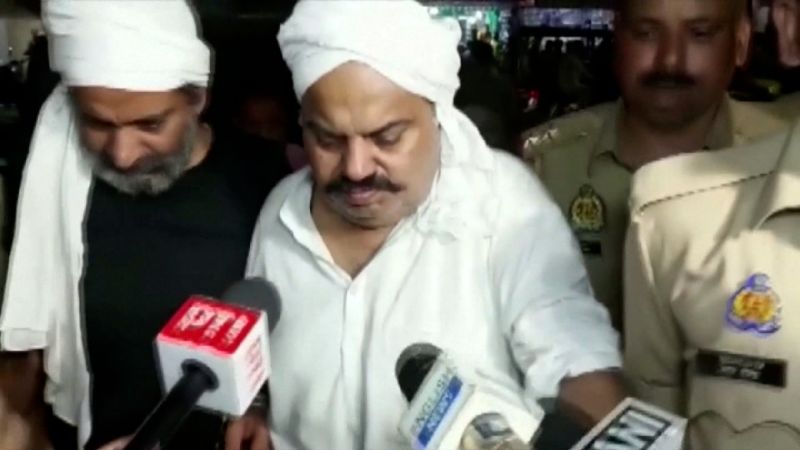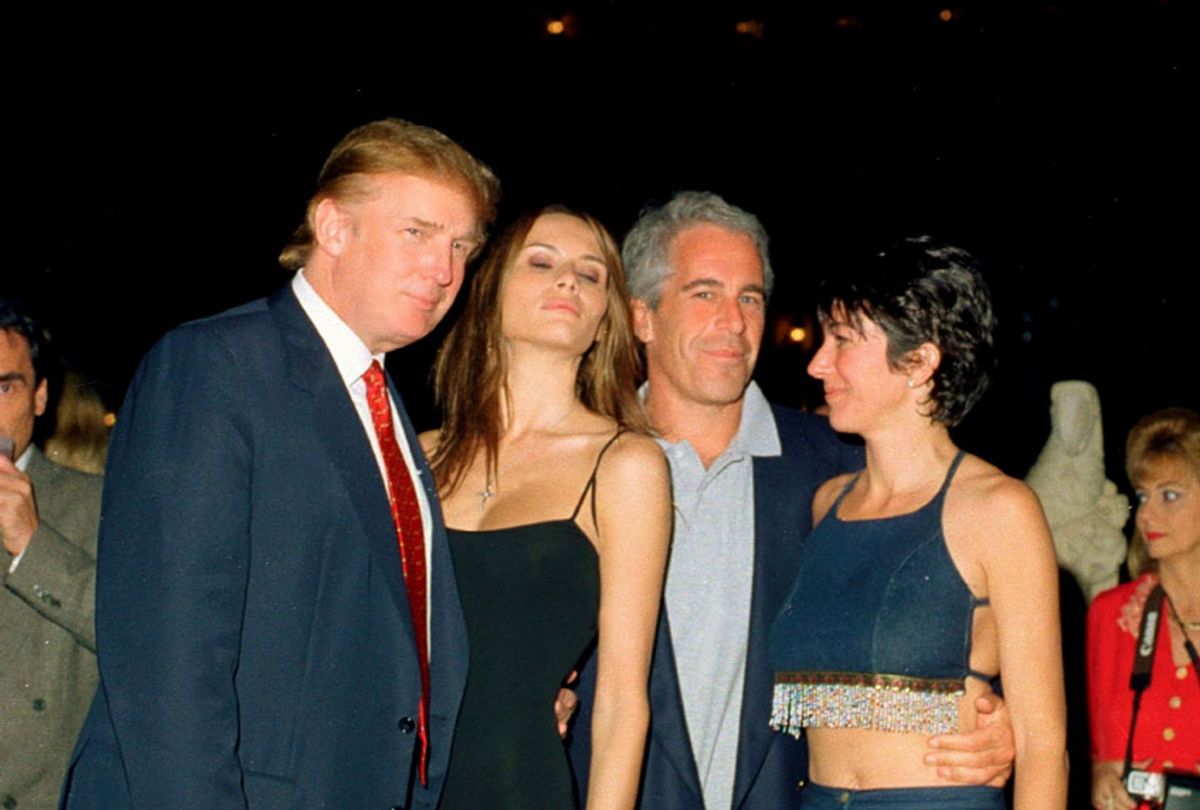The brazen killing of Villavicencio, a former investigative journalist and National Assembly member who was shot in the head three times as he was leaving a rally here in the Ecuadoran capital Wednesday evening, has upended the presidential race and drawn increased security to the Aug. 20 elections.
President Guillermo Lasso, who opted not to run for reelection, declared a national state of emergency for 60 days and said he was mobilizing the armed forces across the country. The declaration will prohibit large gatherings, potentially barring candidates from rallies, but Lasso said the elections for president and National Assembly would proceed as scheduled.
“It is a political crime,” Lasso said in televised remarks, “and we do not doubt that this assassination is an attempt to sabotage the electoral process.”
Three of Villavicencio’s rivals have announced that they were suspending their campaigns.
The gunman, who was shot and detained by authorities at the scene, died in police custody, Ecuadoran Police Commander Fausto Salinas told reporters in a news conference Thursday. The shooter, who fired a 9mm pistol, was arrested on an illegal arms offense in June, but was released by a judge.
Six other men were arrested; all were Colombians, according to a federal police official who spoke on the condition of anonymity to speak freely about the case, and all were members of organized crime groups, authorities said in the news conference. Villavicencio was not traveling in an armored vehicle at the time of the killing, authorities said. He had an armored vehicle at his disposal, but it was in Guayaquil on Wednesday.
It’s believed to be the first assassination of a presidential candidate in Ecuador, and quickly drew comparisons to the killings of candidates in historically more volatile neighbors: Colombia’s Luis Carlos Galán in 1989 and Mexico’s Luis Donaldo Colosio in 1994. It follows the assassination late last month of the mayor of the port city of Manta, a crime that remains unsolved. In May, gunmen opened fire on the motorcade of the mayor of Durán, a town outside Guayaquil, in an apparent assassination attempt. The mayor survived, but several others were killed and wounded.
“It means the deterioration of democracy,” said Simón Pachano, a political scientist at the Latin American Faculty of Social Sciences in Ecuador. “This in large part shows a failure of the state in general.”
Ecuadoran gangs, many working with foreign cartels, have unleashed a wave of violent crime in the country’s streets and prisons. Ecuador, located on South America’s Pacific Coast between Colombia and Peru, the world’s two largest cocaine producers, and with much of its coastline undefended, has become a crucial transit country for cocaine bound for the United States and Europe. Cartels from Mexico and Albania have swept in to work with local gangs that have gained power in the country’s poorly controlled prisons.
The result: Homicides have soared to record highs. Prisons have become bloody battlegrounds.
Authorities here say anti-drug agents seized 176 tons of cocaine in 2021, up from 92 a year earlier. They seized 173 tons in 2022, and anticipate a similar amount this year.
Across the region, organized crime — particularly drug trafficking — is solidifying as one of the greatest threats to democracy and stability. Cartels and gangs aren’t only moving drugs — they’re also profiting from extortion, trafficking migrants, renting out hit men and more.
“These are no longer common thieves, someone who stands on a street corner and threatens you,” said political scientist Francisco Sánchez, director of the Ibero-American Institute at the University of Salamanca. “These are large businesses that have a lot of structure and can also buy impunity.”
Villavicencio had focused much of his life, as an investigative journalist and a politician, on calling out corruption, and particularly the links between organized crime and politics. As recently as last week, he spoke publicly of receiving death threats, including some allegedly from one of the country’s most powerful gangs.
After his assassination, criticism quickly turned to his government-provided protection detail, which did not include an armored vehicle Wednesday evening. Lenin Bolaños, a former general of Ecuador’s national police, accused the government of failing to properly protect him.
Salinas, the police commander, said Villavicencio was protected by three security rings, including an inner circle of five police officers.
“There was no adequate protection,” Luis Enríquez, a lawyer for Villavicencio, said in a news conference Thursday. “That has been pointed out by the family.”
But a person close to Villavicencio, who spoke on the condition of anonymity to discuss sensitive details, said the candidate had been in disagreements with some on his security team. They had alerted him to take more precautions, the person said, but he often did not want to follow their protocol.
His body has been transferred to a medical examiner for an autopsy, the person said, and a funeral could be held as soon as Thursday evening.
When voters head to the polls on Aug. 20, Villavicencio’s name will still appear on the ballot. It remains unclear whether his running mate will take his place, or whether his campaign will choose another candidate.
Schmidt reported from Bogotá, Colombia. Diana Durán in Bogotá contributed to this report.

















